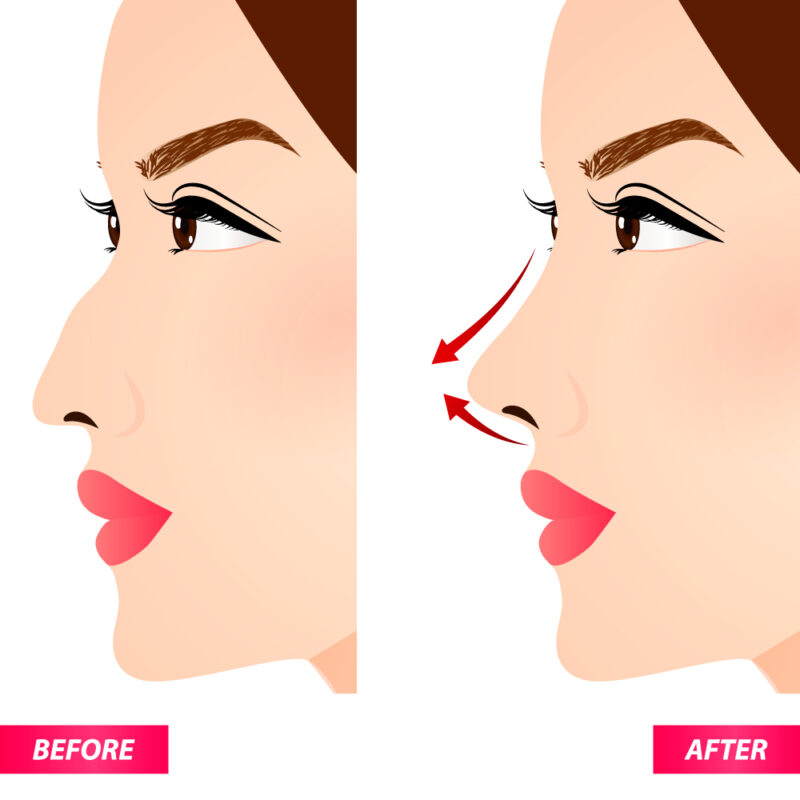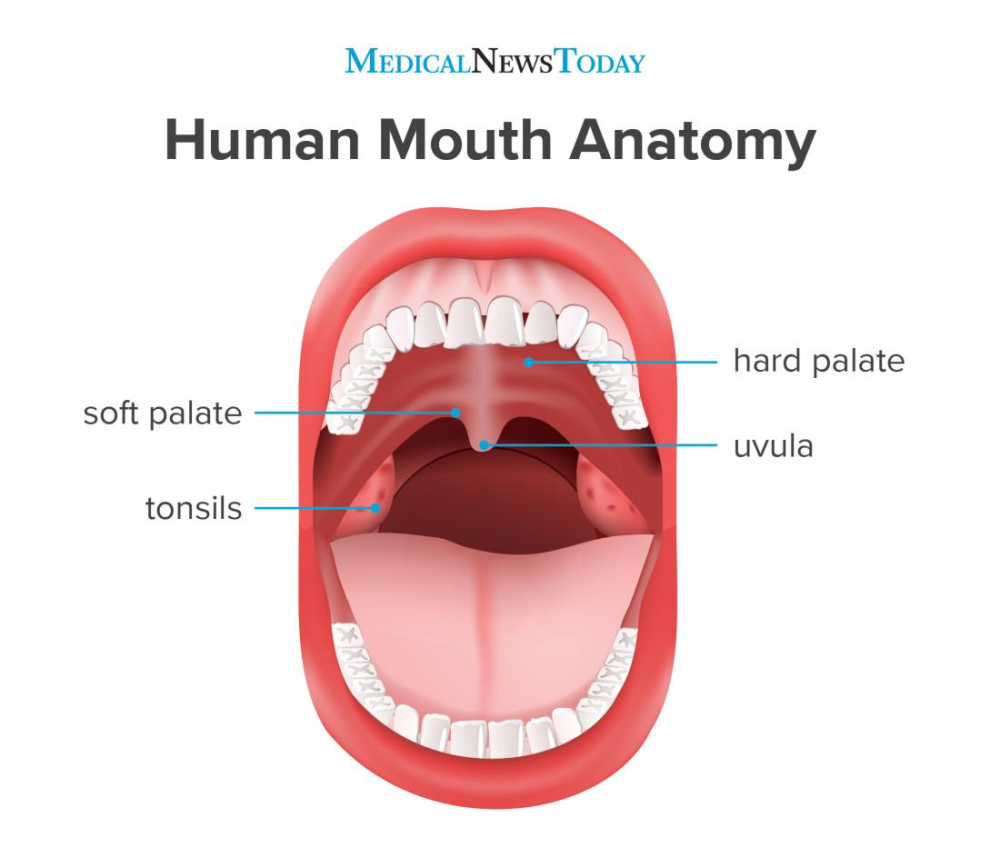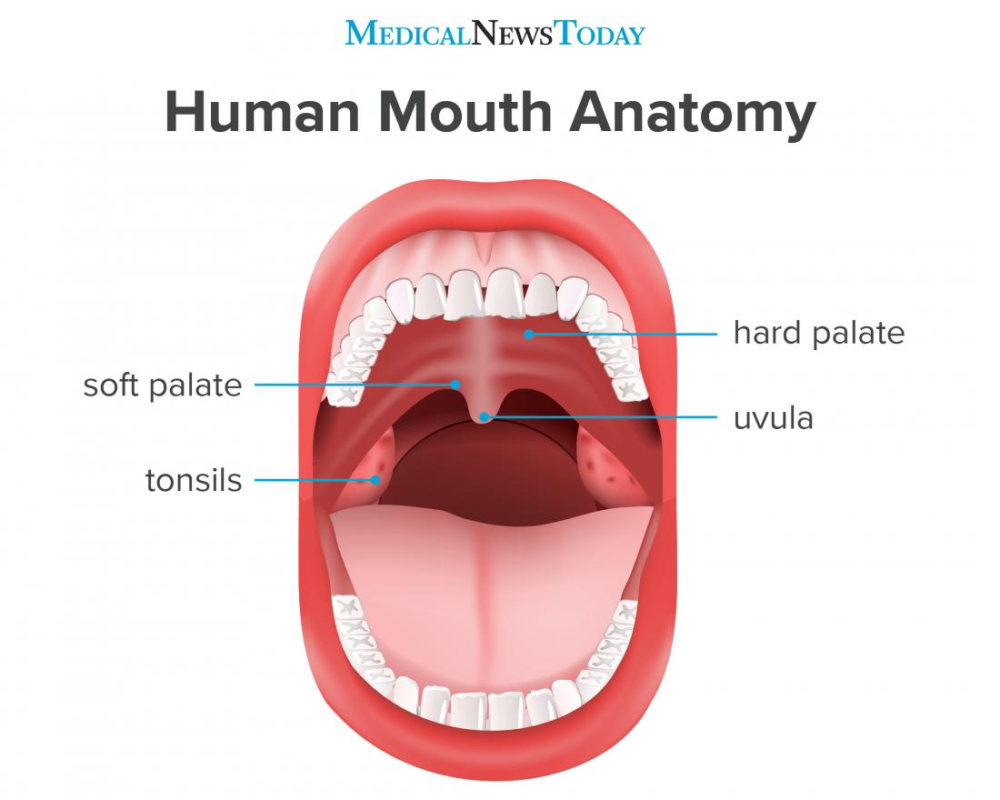Oral Cavity is a topic that every dentist needs to know in order to provide the best possible care. The oral cavity has several major functions including chewing, tasting, speaking and smelling. Working as a team with the nasal and throat cavities, the oral cavity helps you digest food, speak clearly. To understand the role of each part of your mouth, it’s helpful to think of them as having unique jobs. Your teeth are used for biting and chewing. Your tongue helps you taste the food that you’re eating by transferring flavors from your mouth to your nose so you can smell them. Let’s dive deeper into each function of your oral cavity and see what else we can learn about this complex area of the body.
Chewing and masticating food
When you chew your food, you break it down into smaller pieces so that your digestive system can more easily absorb its nutrients. Food also holds on to bacteria, but your teeth will scrape it before it travels down your digestive tract. Good chewing habits are essential to oral health and preventing disease.

You can improve your chewing skills by: If you’re unsure if you’re chewing your food thoroughly enough, try timing yourself to see how long it takes you to chew a piece of food until it is no longer recognizable. You may also want to speak with your dental team if you’re struggling to improve your chewing habits. Your dentist can prescribe a device, like a soft palate stimulator, that can help you retrain your chewing skills.
Tasting food oral cavity function
Your tongue is responsible for assisting you with tasting food. The taste buds on your tongue will catch the flavors of the food you’re eating and send them to your brain so that you can identify the specific taste. It’s important to note that your sense of taste can be impaired when you’re experiencing certain health conditions. If you’re experiencing changes in your taste buds, you should speak with your dentist or doctor about your symptoms.

Producing speech
It may seem odd, but your teeth help you speak. Your upper teeth are used to form syllables while your lower teeth help you push out the air to speak. If you’re wondering how many words you can say in row without brushing, it’s actually about 30 words. Your teeth also help you pronounce your words clearly, especially as you get older. If you’re noticing that certain words are sounding a little “off”, you may be experiencing subtle changes in your teeth and gums.

Smelling odours
Your nose and mouth work together to smell odors. When you smell something, the odor travels into the nasal cavity, where the smell is then sent to your brain to be identified. Your palate and the roof of your mouth can also trap odors, which is why you might taste a smell that lingers in your mouth, even after you have removed the source of the smell. If you ever notice that your food is tasting funny, you may need to clean your palate to remove any trapped smells.
Helping you digest food
Your teeth aren’t only helpful while you’re chewing or smelling; they also help your body digest your food. Your teeth scrape off bits of food that are stuck in crevices so that your gums can push it down into your gums. Your gums are also full of blood vessels that will help your teeth push the food down into your esophagus for you to swallow. It’s important to note that you should brush your teeth before you eat, even if you’re only eating a quick snack, so that you can scrape any food off your teeth before it’s pushed into your gums.


Summary
The oral cavity is single but it is made for many things including teeth, tongue, roof of the mouth. The teeth are used for chewing food, tasting, and producing speech. The tongue assists in tasting food and smelling odors. The roof of the mouth helps with smelling odors and also helps with digestion. The oral cavity is comprised of lots of different parts, and each one serves a unique function.



Your teeth are used for chewing and masticating food; they also help you produce speech and identify different tastes. Your tongue is responsible for tasting food and smelling odors; it also helps you speak clearly. The roof of your mouth helps you smell odors and also helps you digest food. Learning more about these different parts of your oral cavity can help you better understand how the mouth works and will help you take better care of your teeth and gums.






